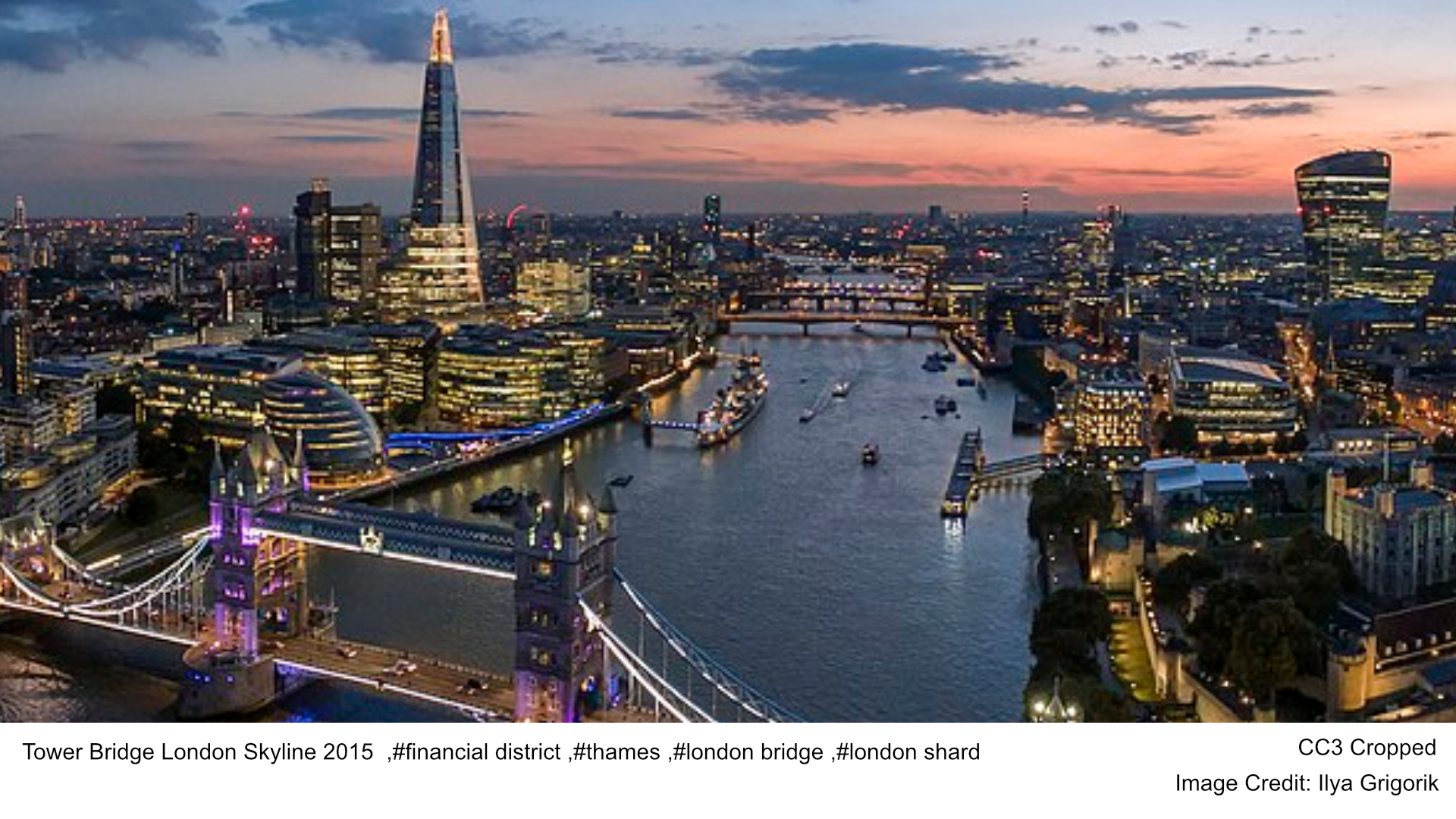Investors and market analysts are now reassessing their expectations for interest rate cuts following the latest budget announcement and concerns over possible tariffs from President-elect Donald Trump. Initially, projections at the start of October anticipated multiple rate cuts by the end of the year. However, those hopes have diminished as the Bank of England prepares for its final Monetary Policy Committee meeting of the year.
- Revised Rate Expectations: Hopes for UK interest rate cuts have diminished as inflationary pressures mount, influenced by a budget with increased borrowing and spending.
- Inflation Concerns: Rising inflation, driven by higher National Insurance contributions, minimum wage hikes, and potential tariff impacts, has complicated the Bank of England’s policy decisions.
- Global Trade Dynamics: Proposed tariffs from President-elect Trump and geopolitical tensions threaten to disrupt global trade, indirectly affecting the UK economy and inflationary outlook.
- Diverging Policies: While the European Central Bank and US Federal Reserve have cut rates, the Bank of England may sustain higher rates to manage inflation, impacting homeowners and mortgage holders.
The recent budget, which includes additional borrowing and spending initiatives, is expected to exacerbate inflation, further complicating the Bank’s decision-making process. Bank of England Governor Andrew Bailey has highlighted uncertainties surrounding the budget’s impact on inflation, particularly the £25 billion increase in National Insurance contributions. Businesses have indicated that these costs might result in higher prices, suggesting the need for sustained higher interest rates to manage inflation.
Inflation has already shown signs of rising, climbing to 2.3% in October. Projections indicate further increases next year, driven by the budget and an upcoming minimum wage hike. Concurrently, Trump’s proposed tariffs on imports from countries like Brazil, Russia, India, China, and South Africa threaten to disrupt global trade dynamics, potentially affecting the UK economy.
The potential for a new trade war adds complexity to the Bank of England’s strategy. While the UK is less directly impacted by tariffs on goods, the broader implications of retaliatory trade measures could influence inflation and economic stability. In this environment, the Bank may adopt a cautious approach, maintaining higher interest rates to mitigate inflationary pressures.
The UK’s economic challenges are compounded by global geopolitical tensions, including conflicts in Russia and the Middle East. These factors, combined with domestic issues such as the tight labor market and elevated wage growth, create a challenging landscape for policymakers.
Despite these hurdles, the European Central Bank recently reduced its interest rates, signaling a divergence in monetary policy approaches between the UK and the EU. In contrast, the US Federal Reserve has also cut rates, aiming to balance inflation control with economic growth.
As the Bank of England concludes its 2024 meetings, the outlook for interest rate adjustments remains uncertain. Homeowners and mortgage holders face the prospect of higher costs, with significant numbers expected to transition to more expensive borrowing terms in the coming years. The economic landscape remains fluid, with interest rate policies likely to evolve in response to both domestic and international developments.







Be First to Comment